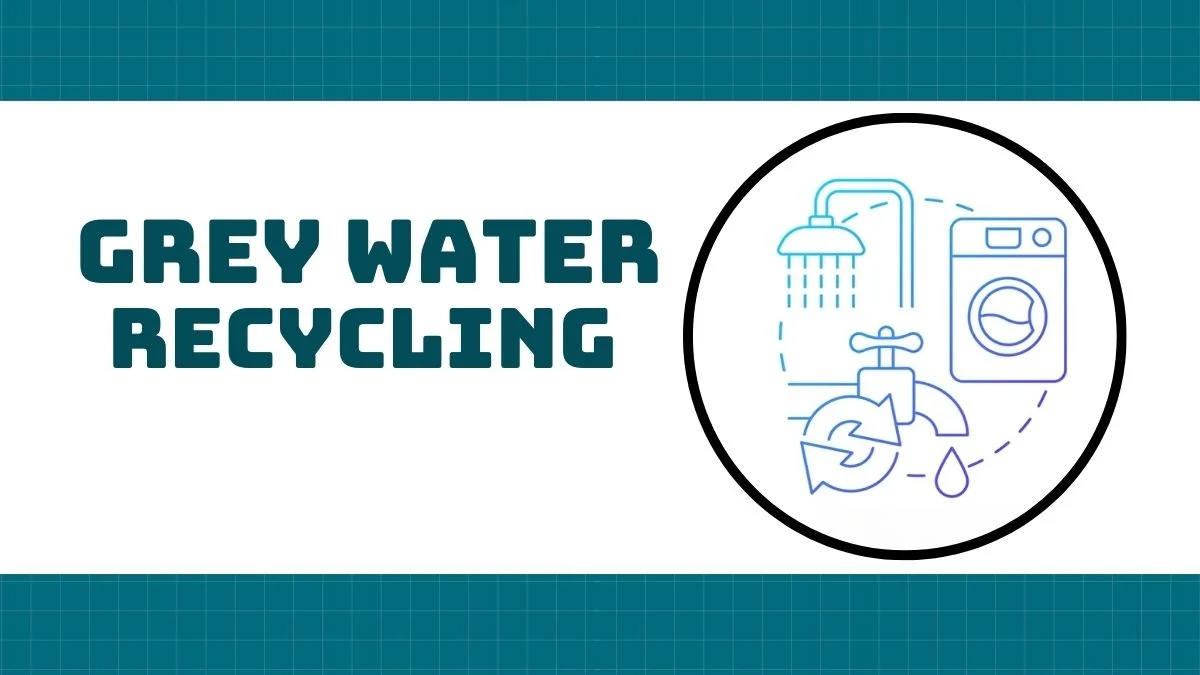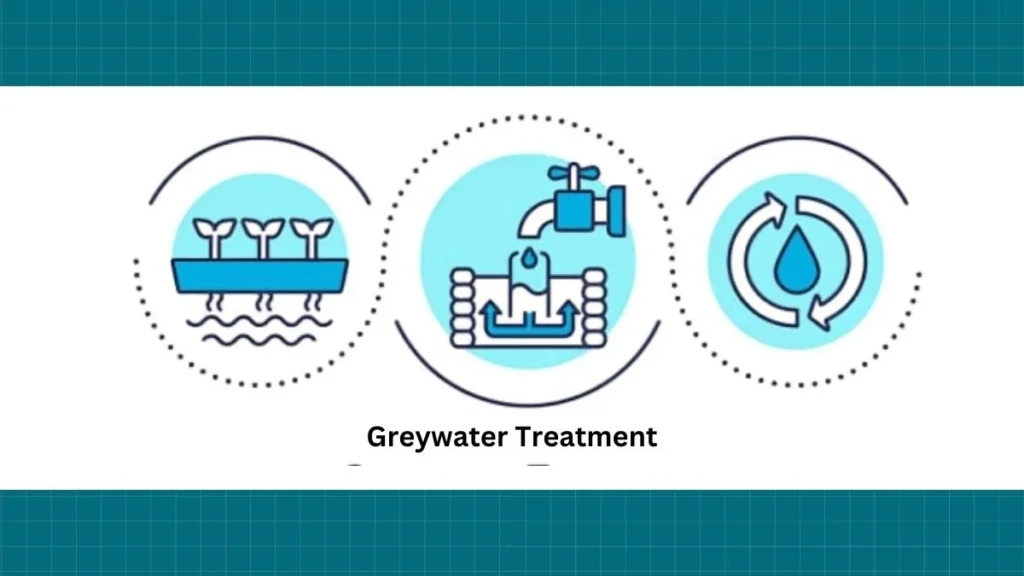GENERAL
Understanding How Greywater Recycling Systems Work

Greywater recycling systems are gaining popularity as people seek ways to conserve resources and reduce their environmental impact. Greywater, collected from showers, sinks, and washing machines, can be treated and reused for non-drinking purposes like irrigation and toilet flushing. These systems help reduce consumption, minimize waste, and promote sustainability. This article explores how this system works and its benefits for a sustainable future.
Table of Contents
What is Greywater?
Greywater is wastewater generated from activities such as bathing, showering, laundry, and dishwashing. Unlike blackwater from toilets, it contains fewer contaminants but may still have oils, soaps, dirt, and other mild pollutants. A greywater recycling system collects, filters, and treats this water so it can be reused for non-potable purposes, such as irrigation or toilet flushing. By recycling greywater, individuals can reduce the demand for fresh water and lower the volume of wastewater that requires processing.

How Water Reuse Solutions Operate
Greywater recycling systems are designed to collect, clean, and store wastewater from household activities for later use. The process typically involves several stages to ensure the water is treated and safe for non-drinking applications:
- Collection: Greywater from sources like bathrooms and laundry is collected and piped to the treatment unit. Some systems handle water from multiple fixtures simultaneously.
- Filtration: The collected water passes through a filter to remove larger particles like hair, dirt, and soap scum, preventing clogs and preparing it for further treatment.
- Treatment: The water is purified through methods such as chemical treatment, biological filtration, or UV light to remove contaminants and make it safe for its intended use.
- Storage: After treatment, the clean water is stored in a tank until needed. The storage system keeps it safe from contamination and ensures availability for reuse.
- Distribution: The treated water is directed to specific areas, such as gardens, car washing, or toilet flushing, using separate pipes to ensure it is not consumed.
Benefits of Reusing Water
Reusing greywater offers several important benefits, both for the environment and household budgets:
- Conservation: Reusing water for non-potable tasks significantly reduces freshwater consumption, especially in areas with limited resources. This helps ease pressure on local supplies and contributes to broader conservation efforts.
- Cost Savings: Reducing the need for freshwater for tasks like irrigation lowers utility bills. Over time, savings can offset the initial investment in greywater recycling systems and provide long-term financial benefits.
- Environmental Impact: By reusing greywater, households and businesses reduce strain on municipal systems, lower energy use, and prevent untreated wastewater from entering drains and natural bodies. This helps protect local ecosystems and improve water quality.
- Sustainable Gardening: For gardeners, treated greywater can provide nutrients, improve plant health, reduce the need for chemical fertilizers, and enhance soil quality—all while promoting organic practices and supporting healthier soil ecosystems.
Innovative Water Reuse Technologies
Recent advancements in treatment technologies have led to compact, efficient solutions for both households and businesses. These eco-friendly systems make it easier than ever to treat and reuse water with minimal effort, ensuring it remains clean, safe, and odor-free for non-drinking uses like irrigation, toilet flushing, and industrial applications. With these innovations, sustainability has become more accessible, cost-effective, and practical, enabling individuals and organizations to reduce their environmental footprint and contribute to long-term resource conservation.
Water reuse solutions are a sustainable and practical way to conserve resources, reduce water bills, and minimize environmental impact. By implementing a greywater recycling system to treat and reuse water from everyday activities, households and businesses can contribute to a more sustainable future. Understanding how these solutions work and their benefits can help individuals make informed decisions about their water use. With the latest technologies, treating and reusing water has never been easier or more efficient, providing a simple, effective solution to water conservation.
For more helpful blog posts and advice on a range of topics, head to the blog now.
-

 GENERAL6 months ago
GENERAL6 months agoChristofle – For Those Who Dream of Family Heirloom Silver
-

 SPORTS8 months ago
SPORTS8 months agoDiscover the World of Football with Streameast: Watch Your Favorite Leagues and Tournaments
-

 GENERAL4 months ago
GENERAL4 months agoUncovering the World of кинокрадко: The Dark Side of Film Piracy
-

 GENERAL2 months ago
GENERAL2 months agoATFBooru: Anime, Gaming, and Subculture Imageboard























